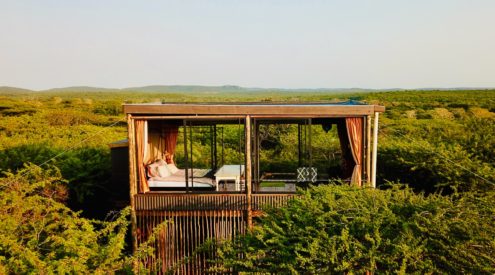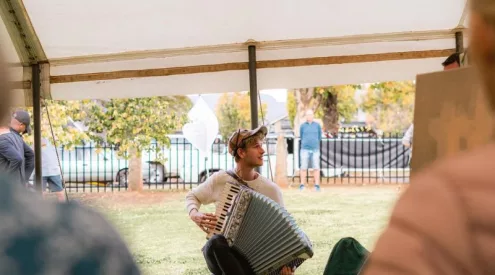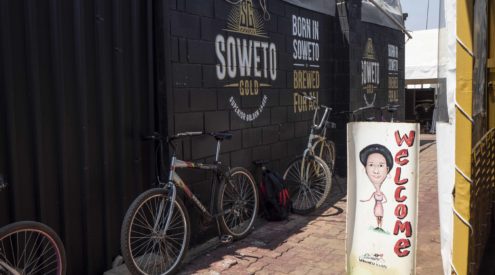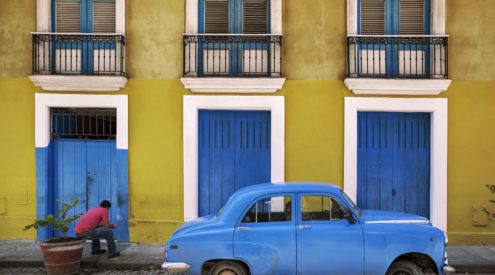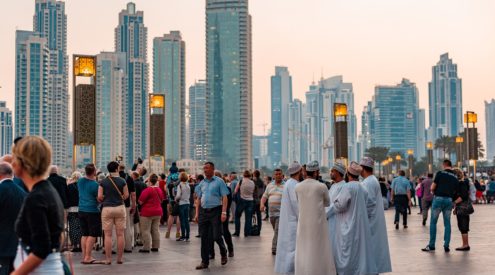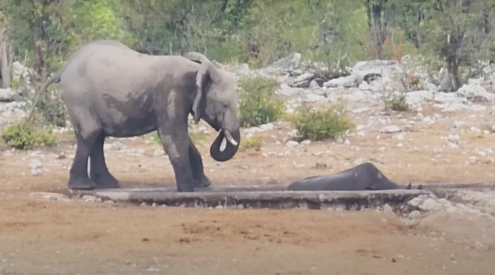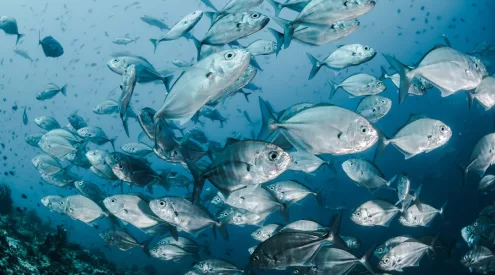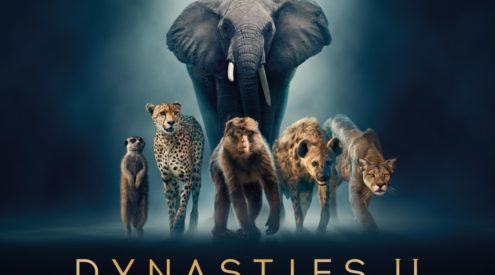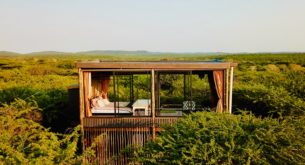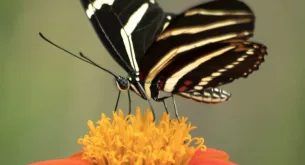Some time ago, a farmer near Cape Town started feeding his pigs chicken carcasses. It was nothing unusual – farmers had been doing it for years – and before long, various scavenging birds, among them great white pelicans, took advantage of an easy meal.
As a result of eating the regularly supplied, nutritious food, the pelicans bred faster than usual and the offspring learned their parents’ bad habits. The new generation had an easy life: they didn’t have to test their diving skills or work out why they had waterproof feathers, webbed feet, long beaks and expandable gular pouches.
The situation at the pig farm changed when new health regulations were introduced and, in 2005, the bountiful food supply was suddenly reduced, leaving the pelicans ill equipped to fend for themselves. More than 10 per cent of this group* died from starvation before the remaining birds started looking for alternative food sources.
And they found the scavenger’s equivalent of a 24-hour fast-food drive-thru: two uninhabited, predator-free islands near Saldanha Bay that were populated by thousands of defenseless seabirds.
The nests of Cape gannets; white-breasted, bank and Cape cormorants, African black oystercatchers and kelp gulls on Malgas and Jutten islands were easy pickings and the hungry pelicans waddled through the breeding colonies like mobsters, scaring away the parent birds and swallowing every egg and chick they could. The 2006/7 breeding season yielded virtually no viable hatchlings.
The pelicans had seriously impacted on the delicately balanced breeding populations of seabirds, but they couldn’t be shot – the species is listed as near-threatened in the Red Data Book – so scientists and marine rangers in West Coast National Park, in which the islands are located, suggested an innovative solution.
‘The idea was to create a rotating presence on the islands during the 2007/8 breeding season to scare off pelicans whenever they landed,’ says Mike Lodge, who joined the SanParks Honorary Rangers many years ago. Teams of Honorary Rangers and park staff (under the watchful eye of avian scientists from the University of Cape Town) operated in five-day shifts, chasing off the pelicans as they taxied in to land.
The whole of Malgas, the smaller island, was designated as a pelican-free zone, while they were allowed to carry on their bad habits on part of Jutten. This provided comparative zones, where one was a control zone showing what happened if nothing was done, while the other indicated the results of the operation.
‘We soon started winning the battle against the mob,’ Mike says of the marauding pelicans. ‘The first year of this operation was a huge success, so it was repeated for the 2008/9 breeding season, again proving positive results.’ Both islands have since been declared pelican-free.
‘We don’t realise the long-term implications of our actions, however well meant,’ Mike says. ‘One just shouldn’t mess with the laws of nature.’ Humans’ thoughtless actions triggered a complex web of change that isn’t easily unravelled.
The programme continues and bird scientists are hoping the pelicans will get the message to stay off the islands, a move that has had a positive result for them too. Scientists report that some pelicans chased from the islands have been spotted catching fish, as nature intended.
There is a lingering question, though: were they scavenging because it was easy, or has their regular food source in the ocean been depleted to such a level that there isn’t enough for them to live on?
(Photograph by Marion Whitehead)

